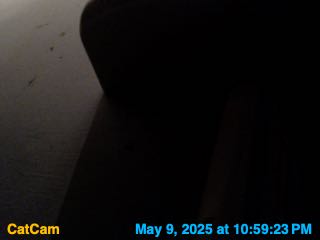The advice I like to give young artists, or really anybody who’ll listen to me, is not to wait around for inspiration. Inspiration is for amateurs; the rest of us just show up and get to work. If you wait around for the clouds to part and a bolt of lightning to strike you in the brain, you are not going to make an awful lot of work. All the best ideas come out of the process; they come out of the work itself. Things occur to you. If you’re sitting around trying to dream up a great art idea, you can sit there a long time before anything happens. But if you just get to work, something will occur to you and something else will occur to you and something else that you reject will push you in another direction. Inspiration is absolutely unnecessary and somehow deceptive. You feel like you need this great idea before you can get down to work, and I find that’s almost never the case. — Chuck Close
Richard Serra, Close, Ann Temkin and Oliver Sacks all on Charlie Rose. Loving this series about the brain. Tonight – creativity. I could barely keep up with gasping and right-on-ing and we’re-always-saying-that-to-people-ing. LOL Turns out that Chuck Close and Oliver Sacks both have a type of dyslexia which keeps them from remembering or recognizing faces. Chuck Close says he cannot remember addresses but he sees the world as through on a plane below and knows how to get there. Ann Temkin is chief curator of painting and sculpture at The Museum of Modern Art and was quiet (as was Charlie Rose) most of the time but then leapt in with a bit of info about similarities in the work or education of these two. Dr. Eric Kandel, the scientist who has been in on this series all along is so open to making suggestions and yet so completely full of examples to prove or disprove connections being discussed. Oliver Sacks made a big point about Wagner’s music, allowing towards the end that it isn’t music he likes, but he went there anyway.
Richard Serra and Chuck Close were a year apart in Yale. There was some discussion of their shared experience there, nurturing teachers, the artist as part of a community that supports each members work and creative process.
The concensus of the group was that choosing a question/problem to work on was the important thing. Sort of like grad students picking their topics I guess. But if you choose a problem that isn’t easy, that there isn’t a single answer to, it will challenge you and take you places. Chuck Close talked about the process of putting restrictions on what you do helping that process too, both to get you over your habits and faults and to force you to see what can be done. That certainly takes a lot of self-knowledge.
There was also agreement that you can’t just have good ideas, you have to have absorbed the tools or the know how. This might come from some imitation or borrowing early on, but as Oliver Sacks said “you can’t have anything new until there is a lot that has become automatic” and someone else chimed in, “It’s not enough to have ideas, you have to have competencies. ”
At one point Chuck Close said that all his life, because of his learning disabilities (which he said impacted his whole life), he found things to be overwhelming, and so he broke them down into small parts that he could accomplish and this was also in play in his painting style. BLAM.
My head exploded about every 20 seconds. If you find any stray bits, please mail them back.



No brain bits over here…I don’t understand most of this, but I do agree with you about waiting for inspiration. Nike said it best – Just Do It.